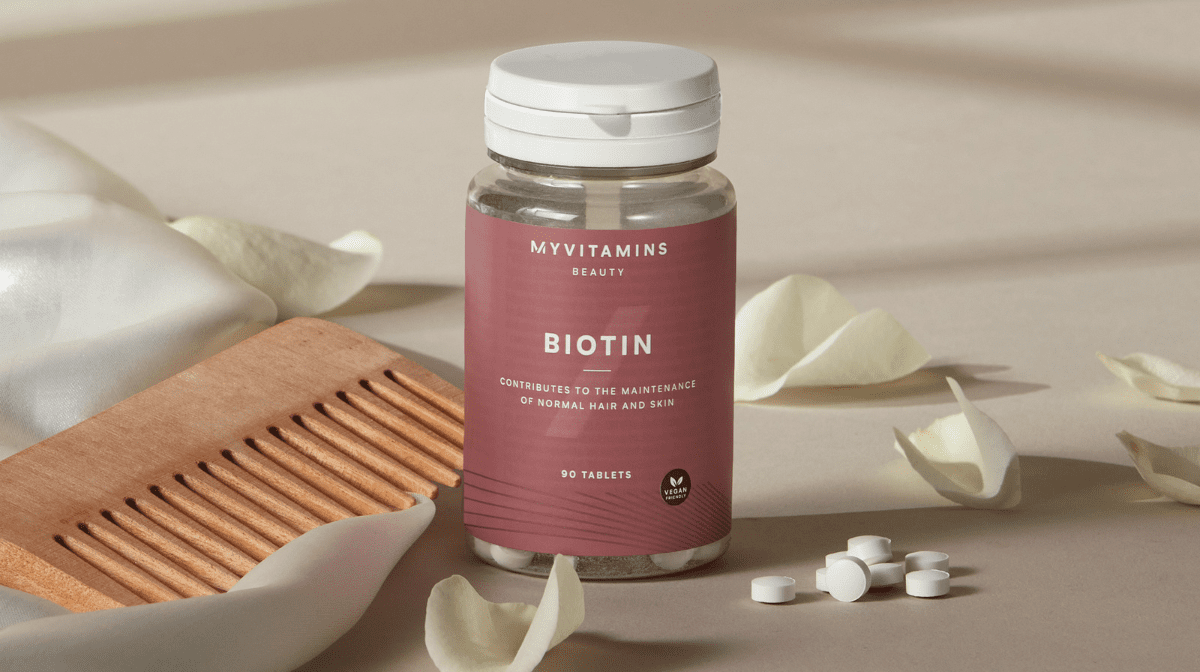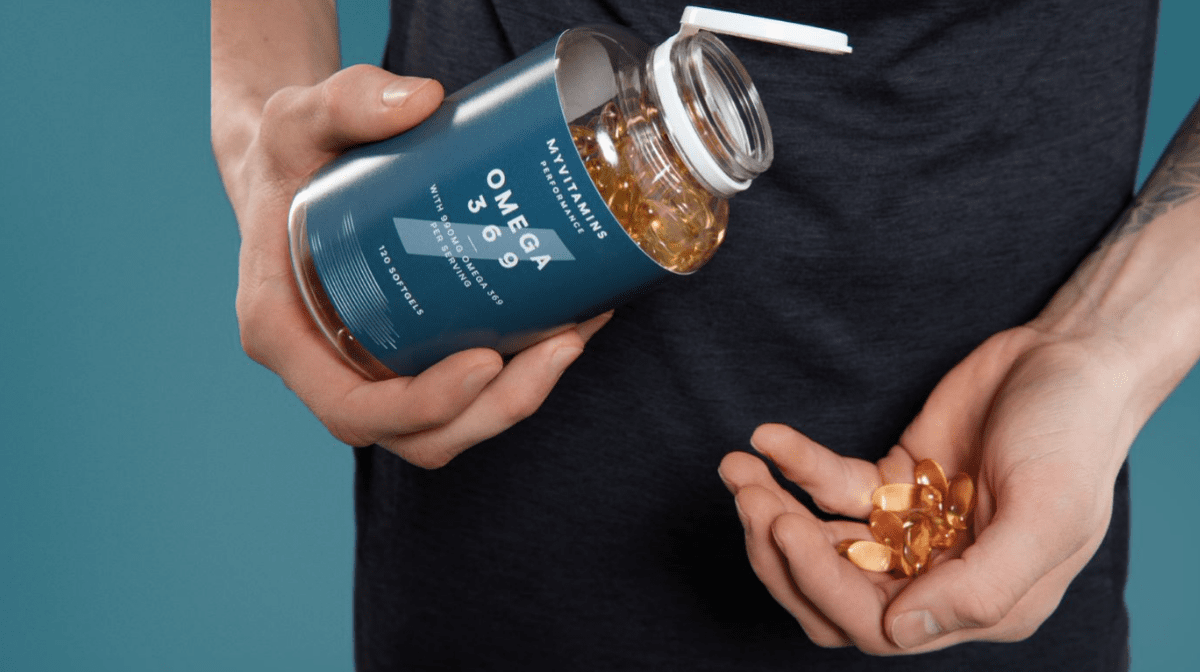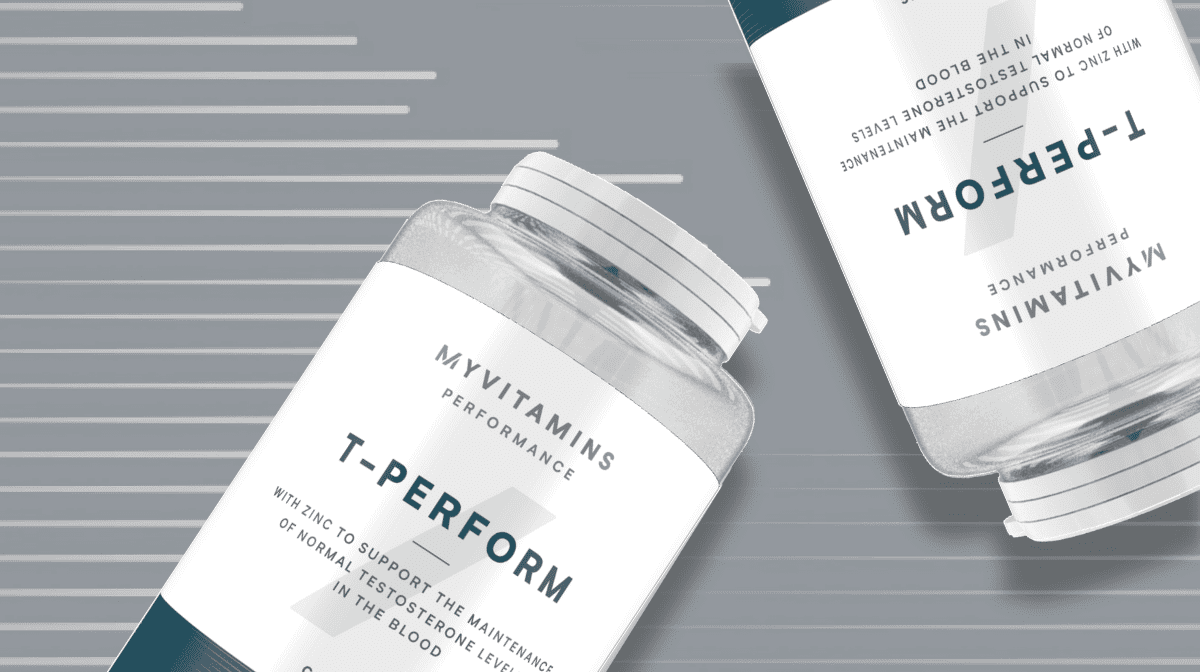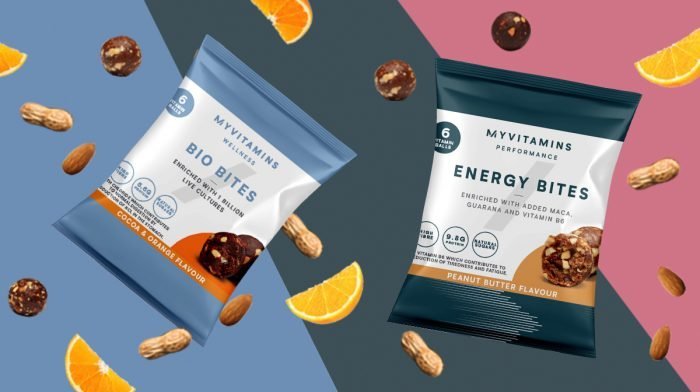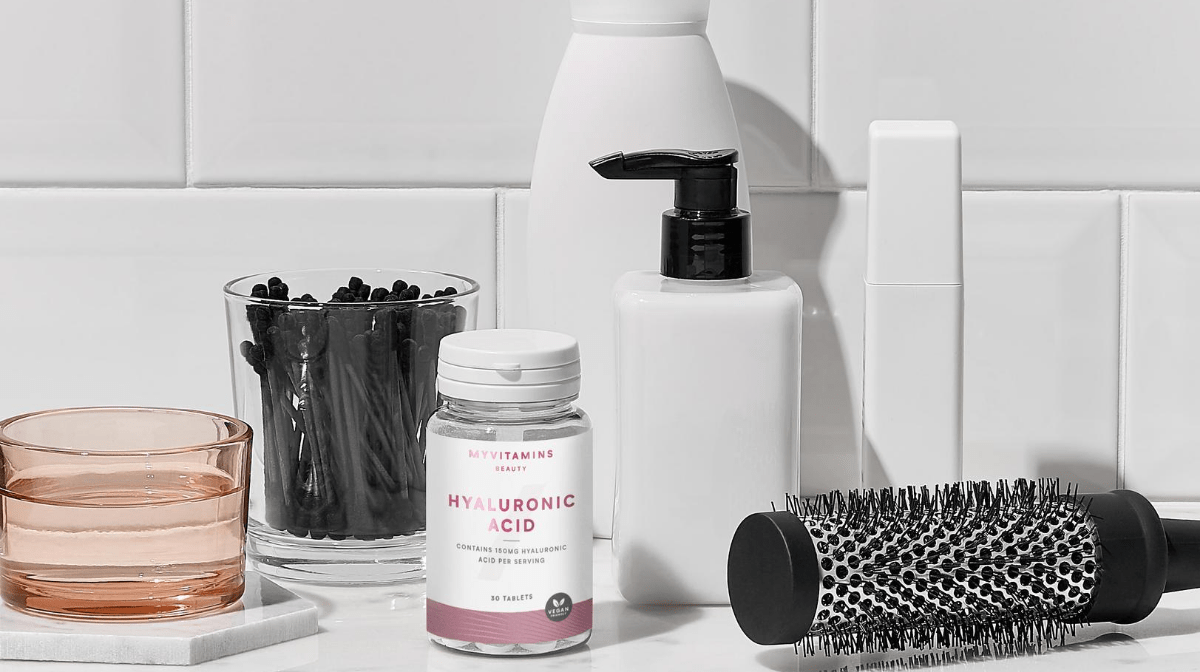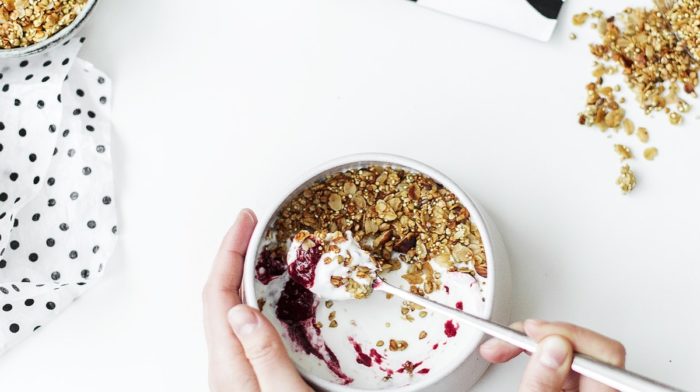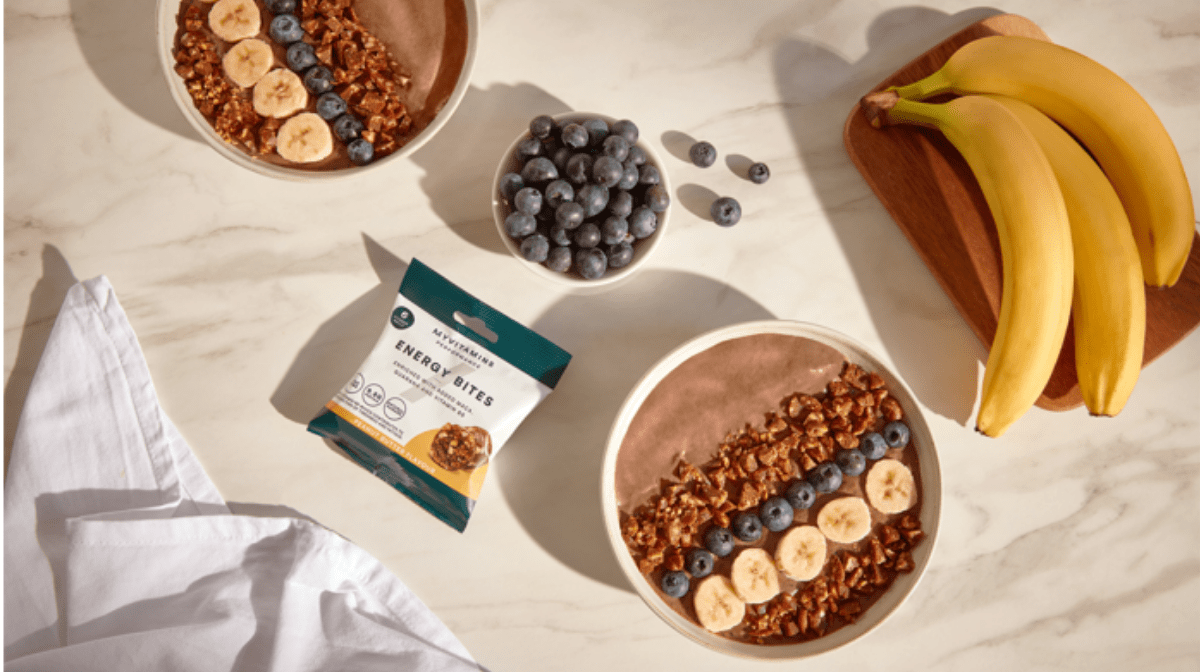There is more to vitamin B than just vitamin B12. In fact, there are eight types of B vitamins! These include thiamine (B1), riboflavin (B2), niacin (B3), pantothenic acid, vitamin B6, biotin (B7), vitamin B12, and folate (folic acid). B vitamins have a host of benefits for the body. However, they are probably best known for their energy supplementing and skin health properties.
What Is B Vitamin Complex?
A B vitamin complex is usually a combination of B vitamins. Each vitamin is important due to their different functions. Vitamin B are usually water soluble, so have limited storage capacity in the body. This means we need to rely on dietary sources for the majority of our vitamin B.
Vitamin B12 is an essential nutrient for vegetarians and vegans as it can only be found in animal-based products. Daily supplementation of this vitamin B12 is usually recommended.
How Much Vitamin B Do I Need?
If only B12 is needed, the recommended amount is 10 micrograms daily (or 2mg per week). The recommendations for folic acid are 200 micrograms per day. However, women trying to conceive or are already pregnant should be taking an extra 400 micrograms a day on top of this. Each of the other B vitamins has a different recommend intake depending on sex and are usually listed in micrograms – one microgram is 1000 times smaller than a milligram (mg).
Usually, supplementation is not harmful. However, taking more than 200mg p/day of vitamin B6 may lead to numbness or pins and needles in the arms or legs. Excessive doses of folic acid may have the potential to hide symptoms of vitamin B12 deficiency in older people.
What Is The Relationship Between Vitamin B & Skin Health?
Low levels of vitamin B are associated with dermatitis (dry skin) and overall poor skin health. Vitamin B is important for maintenance of the barrier layer of the skin and supporting skin structure. Vitamin B is important to promote growth of new skin cells – important for helping to heal damaged skin.
5 Benefits Of Using A Vitamin B Complex
As mentioned previously, vitamin B is associated with multiple health-promoting properties:
Increased Fatty Acid Production
Whilst this may sound negative, fatty acids are essential for good skin health. The skin is a multi-layered organ which requires collagen and other fatty acids to maintain its structure. B vitamins assist with fatty acid production. Supplementation can lead to more youthful looking, glowing skin. Biotin (B7) is especially good for this.
Improved Immune Function
Vitamin B12, B2 and B6 may help to boost immunity by supporting the function of natural killer T cells and other white blood cells These are the cells that are responsible for killing unwanted viruses and bacteria that cause infection. A weakened immune system can lead to hypopigmentation and increased likelihood of irritant reactions e.g. contact dermatitis.
Reduced Inflammation
B12, B2,B5, B6, and folic acid all have anti-inflammatory properties. Supplementation with these vitamins has been shown to reduce inflammatory skin conditions. Examples of these include acne and psoriasis. Low levels of vitamin B may also increase the risk of allergies, as these are usually due to an inflammatory response.
Increased Blood Flow
Vitamin B3 (niacin) is often used in skincare products as it causes opening of blood vessels. This increases oxygen supply and the delivery of nutrients to an area. It can also improve clearance of waste products, leading to reduced build-up of bacteria and dirt in the skin.
Stronger Hair
The average hair cycle is around 3 months or 100-120 days. The final stage of the cycle is the exogen phase, in which shedding occurs. A deficiency in vitamin B2, B7, B12 and folic acid have all been linked to increased hair loss. B7 (biotin) is often found in hair and nail supplements, as it may affect the hair cycle, due its role in cell signalling.
Natural Sources Of Vitamin B
Some animal-based sources of B vitamins include fish, pork, chicken, beef and eggs.
Plant-based sources are abundant in many of the B vitamins, except for vitamin B12. These include beans, tofu, avocadoes, nuts, and dark leafy greens.
Take Home Message
There are many benefits associated with vitamin B supplementation. It helps to improve the quality of hair, nails, and skin, cognitive function, and prevent inflammation and associated inflammatory responses.
However, if you have any concerns or require help with any medical conditions then please contact your GP. This article is not to be used as a replacement for medical advice.
- https://www.nhs.uk/conditions/vitamins-and-minerals/vitamin-b/
- https://www.bda.uk.com/resource/folic-acid.html
- https://www.bda.uk.com/news-campaigns/campaigns/one-blue-dot/sustainable-september/nutritional-considerations-for dietitians.html#:~:text=If%20a%20vitamin%20B12%20supplement,at%20least%202mg%20per%20week.
- Yoshii K, Hosomi K, Sawane K, Kunisawa J. Metabolism of dietary and microbial vitamin N family in the regulation of host immunity. Front Nutr. [online]: 2019. Available from: ·https://www.frontiersin.org/articles/10.3389/fnut.2019.00048/full
- Almohanna H, Ahmed A, Tsatilis J, Tosti A. The role of vitamins and minerals in hair loss: a review. Dermatology and Therapy. 2019:9; 51-70.
